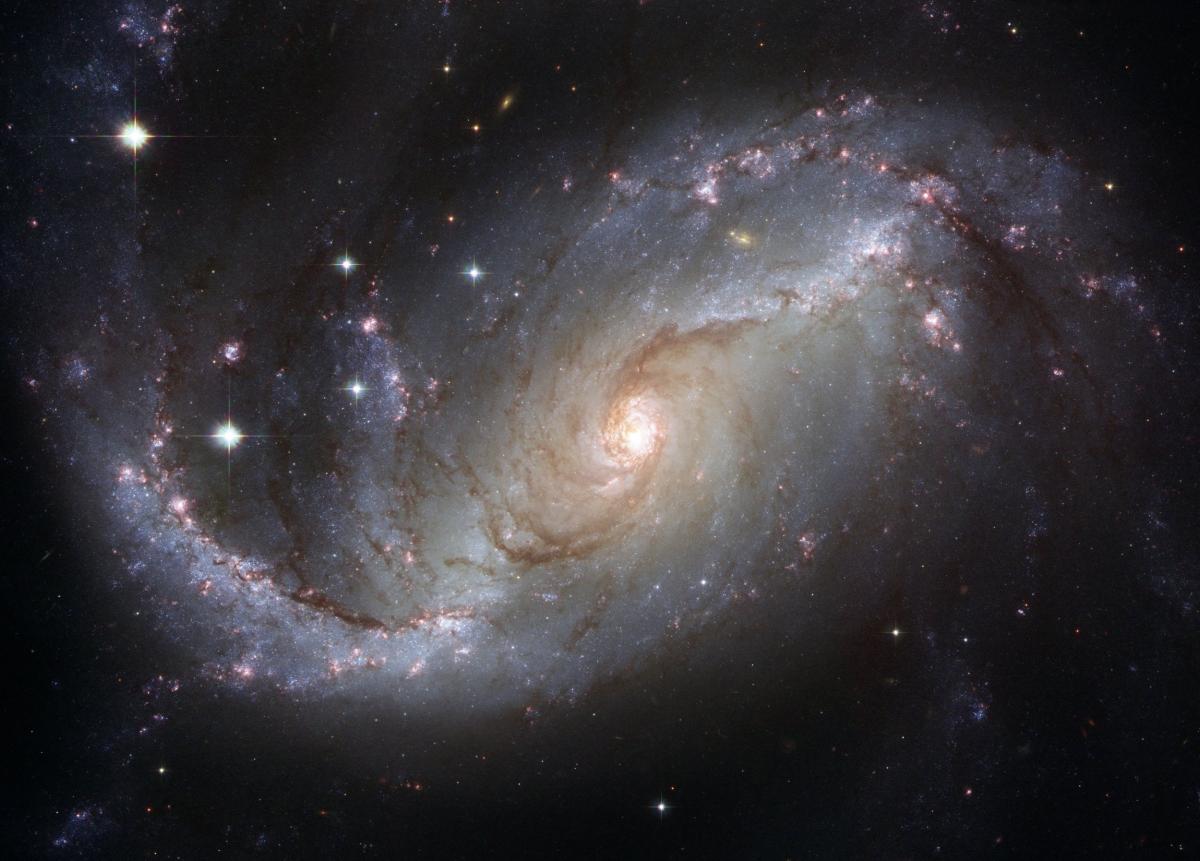
Featured
Sphero Rocket Payload Mission
Grades:
9th Grade, 10th Grade, 11th Grade, 12th Grade
This lesson uses Sphero's "Rocket Payload" activity with the Outer Space Mat. The full lesson includes information on rocket payload, a Sphero coding challenge, a NASA link to read, optional questions


